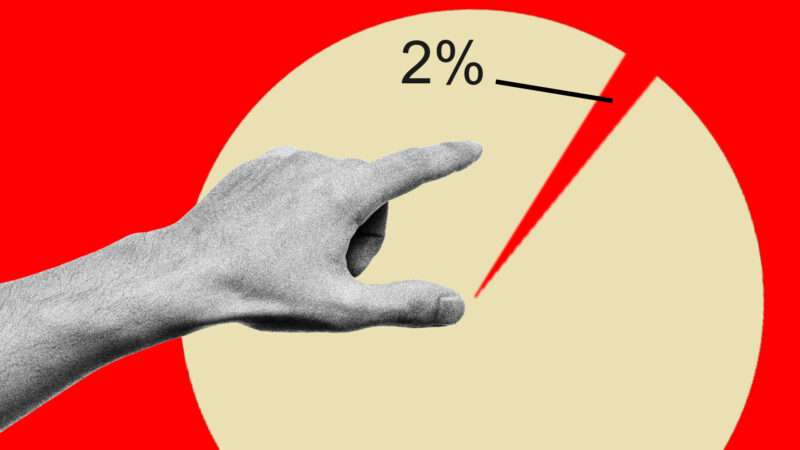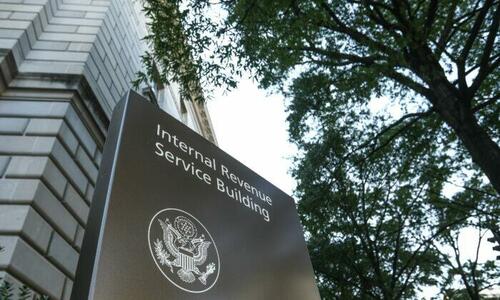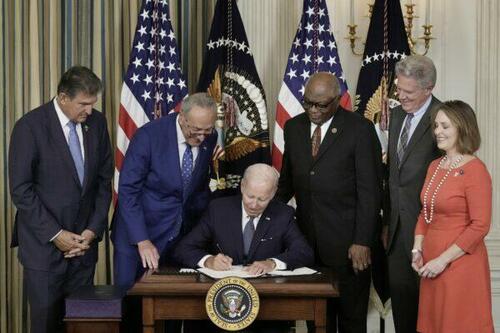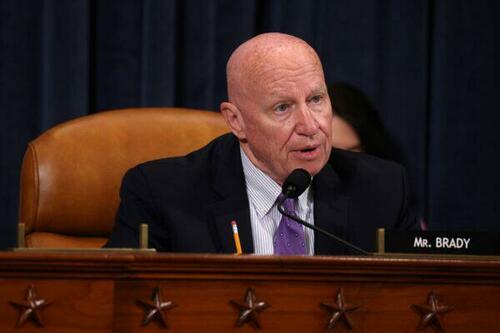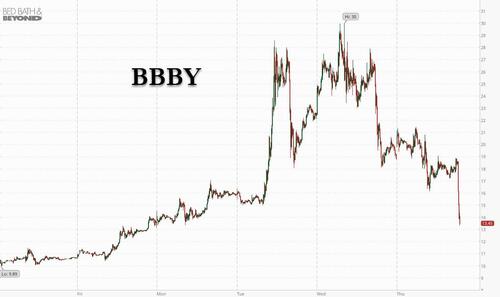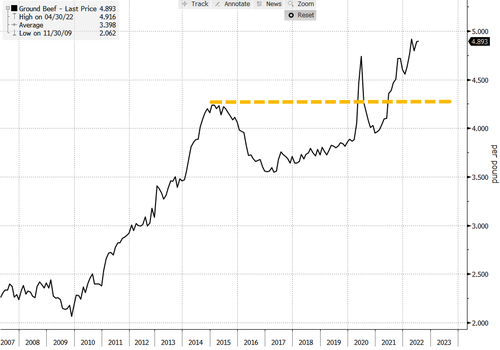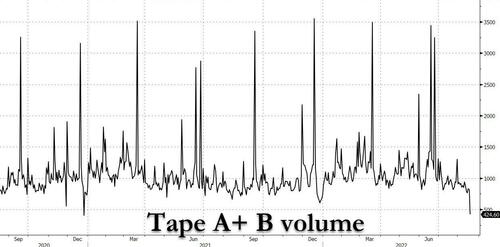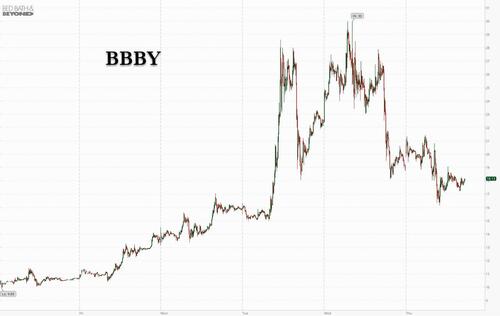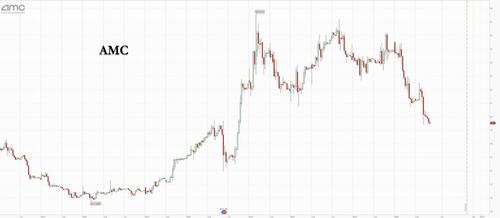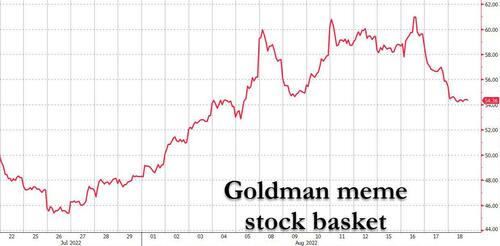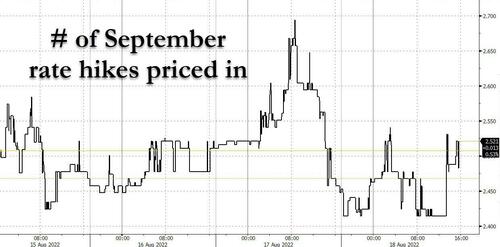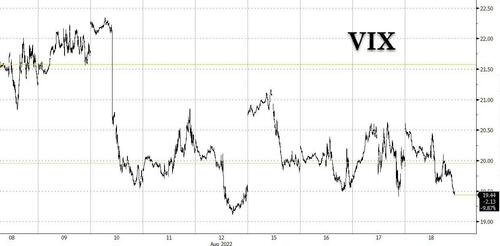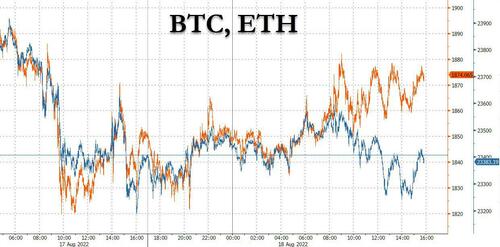China Condemns Newly Announced Formal US-Taiwan Trade Talks
A major Thursday announcement from the Office of the US Trade Representative is sure to continue pitting Beijing and Washington on a path of escalation and collision course over Taiwan, as the US and Taipei have agreed to begin formal talks on a trade pact.
The Taiwan side has also confirmed that negotiations will start early this fall, with the areas to be covered including trade facilitation, regulatory practices, anticorruption, agriculture, environmental standards, and other area, according to the US executive agency’s website.
Deputy U.S. Trade Representative Sarah Bianchi said the formal talks will aim to “deepen our trade and investment relationship, advance mutual trade priorities based on shared values, and promote innovation and inclusive economic growth for our workers and businesses.”
In addition to seeking to bolster Taiwan’s economic strength, Taiwan’s Office of Trade Negotiations has spelled out that a future trade pact would increase the self-ruled island’s participation in international pacts. China, however, has rejected this as a violation of ‘One China’ and its sovereignty.
Taiwan’s trade minister John Deng in a Thursday press briefing also said that high on the agenda will be strategies for standing up to China’s “economic coercion”. Naturally increase in economic formalization would further inch Taiwan and US toward formal diplomatic relations, which Beijing sees as a further erosion and abandonment of the ‘One China’ status quo.
Deng told the briefing of China’s interference, “Its economic coercion targets are not just the United States or Taiwan, it’s done to a lot of countries,” adding that “Its harm to the global economic and trade order is great.”
One recent example of the reference is blocking trade with countries in dispute with Beijing such as Lithuania for allowing Taiwan to establish a de facto embassy in the capital of Vilnius.
Additionally China and Australia have been locked in a trade war for more than a year after Beijing rolled out a series of punitive measures on key Australian agriculture and other exports to China, including sanctions on certain products, special taxes, and draconian inspection procedures – all of which started after Beijing was incensed that Australian leaders called for an independent inquiry into the origins of Covid-19.
Predictably, an initial reaction out of China’s commerce ministry stressed it “opposes” US-Taiwan trade talks and that it will take “all necessary measures to firmly safeguard its sovereignty, security and development interests,” according to a Thursday statement. Further according to Reuters:
“One China” policy is a prerequisite for Taiwan’s participation in economic cooperation with foreign countries, Shu Jueting, spokeswoman of the ministry, said at a regular press conference.
Military tensions continue to be on edge in waters surrounding Taiwan as the Eastern Theater Command continues ‘shows of force’…
US military’s E-8C command aircraft reportedly flies over Bashi Channel before Taiwan island’s missile tests, which Taiwan-based media said served as a “deterrent” to Chinese PLA. Military experts refuted that, saying such remarks were “ignorant.” https://t.co/32CAle2PMu
— Global Times (@globaltimesnews) August 18, 2022
There continues to be the backdrop of Chinese PLA military pressure on the democratic island, with groups of fighter jets said to now be buzzing the median line in the Taiwan Strait on a daily bases, following the Aug.2nd visit of House Speaker Nancy Pelosi to Taipei.
Tyler Durden
Thu, 08/18/2022 – 17:30
via ZeroHedge News https://ift.tt/Kb3RI6W Tyler Durden


